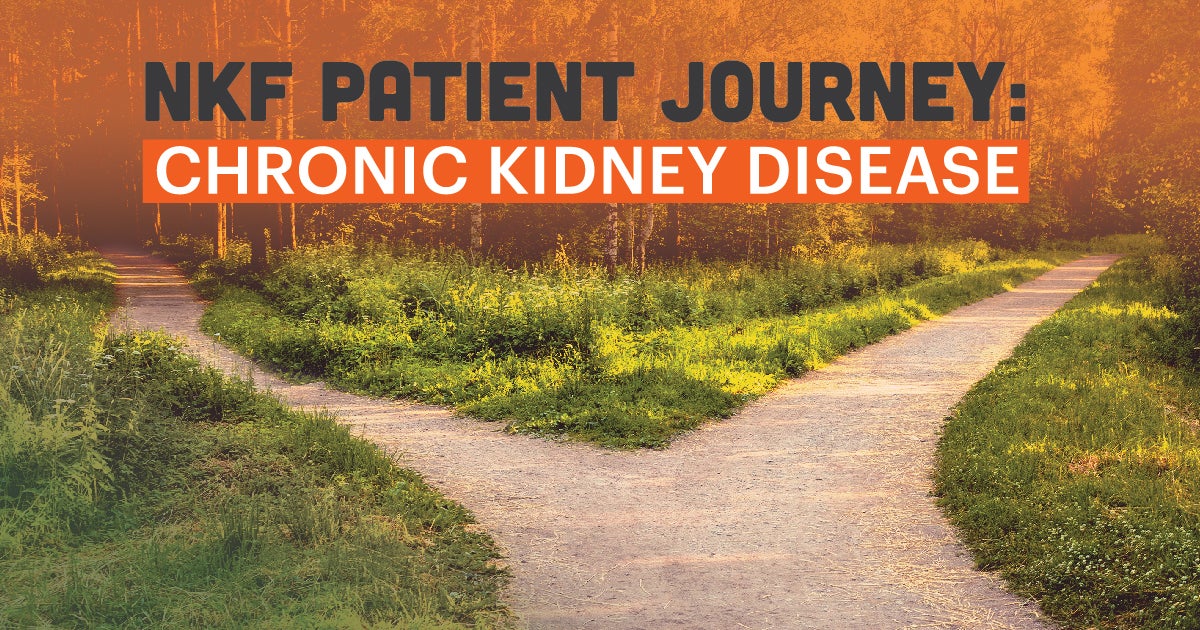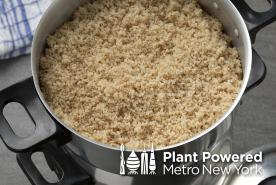October 20, 2017
By Jessianna Saville, Kidney Dietitian
Coffee is a staple for more than 5 out of 10 Americans who drink it daily1. When people find out they have kidney disease and must make dietary changes, one of the first questions they ask is, “Do I need to give up my coffee?”
The bottom-line answer is “No.” Coffee is not bad for coffee lovers with kidney disease2, but here are a few things to think about the next time you pour a cup of joe.
The Amount of Coffee You Drink
First thing to consider is the nutritional content of coffee. An 8 oz. cup of black coffee has 116 mg of potassium3. This is considered a low potassium food. However, many people drink more than one cup of coffee each day. Three to four cups of coffee a day is considered high in potassium and could raise your potassium levels. Adding creamers or milk can further raise your coffee’s potassium content. Drinking less than three cups of coffee/day is generally considered safe. Phosphorus, sodium, calories, carbohydrates and protein are minimal in black coffee and not of nutritional consideration.
Join the NKF Blog Newsletter
Get inspirational stories and kidney disease resources delivered to your inbox every month. You'll gain practical insights and expert advice to help you better understand and manage your kidney health no matter where you are on your kidney journey. Subscribe today.
Additives
What is added to coffee can often be more of a problem than the coffee itself. For example, an 8 oz. cup of cafe latte, made without flavored syrup, rolls in at 183 mg of phosphorus and a whopping 328 mg of potassium4. Creamers can also be a problem. Manufacturers add chemical phosphates to coffee creamers. These chemical phosphates are easily absorbed by the body and should be limited for anyone with kidney disease.
Your Fluid Intake
Coffee counts as fluid. If you are on a restricted fluid diet, you should include drinking coffee in your daily allowance.
In summary, coffee is an acceptable beverage for kidney disease. If consumed in moderation it poses little risk for those with kidney disease. Additives to coffee such as milk and many creamers increase the potassium and phosphorus content of coffee. Individuals with questions about their coffee intake should talk to a registered dietitian or physician about how much is appropriate for them.
Jessianna Saville, MS, RDN, LD, CSR, CLT is a board certified renal nutrition specialist and registered dietitian licensed in the state of Texas. She has worked in outpatient dialysis since 2009. She feels passionately about the role nutrition therapy plays in kidney disease to improve quality-of-life, reduce hospitalization, and slow progression to dialysis. In her spare time she enjoys running, exploring new places with her husband and two children, and trying to make her garden grow.













